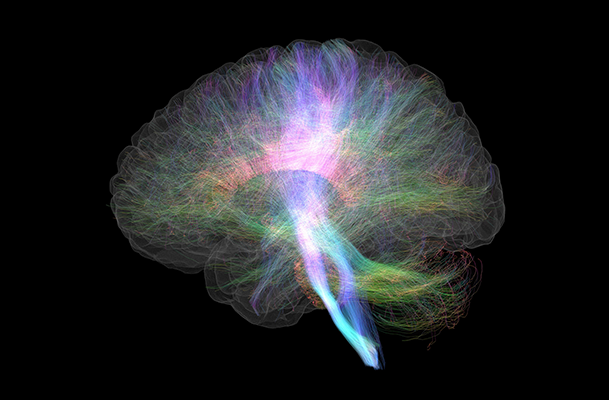Ford Fellow to Explore Collaborative Research in “Extreme Ideological Hate”

For the first time, a psychological scientist has received an award from the Ford Foundation aimed at increasing the diversity of college and university faculty in the United States. APS member Jeni Kubota, an associate professor at the University of Delaware in the Department of Psychological & Brain Sciences and the Department of Political Science & International Relations, is one of two recipients of the 2022 Ford Foundation Senior Fellowship Award. Offered through the Ford Foundation and National Academies of Sciences, Engineering, and Medicine, the award provides an annual stipend in support of the awardee’s proposed research.
“I plan to spend the time focusing on this new avenue of research examining the drivers of hate, radicalization, and deradicalization,” Kubota told APS. For more than a decade, her neuroscience research “has focused on implicit racial bias and basic social cognitive processes as drivers of injustice,” according to the National Academies website. She plans to expand her scholarship into the neural and psychological processes underpinning explicit racial hate and apply findings to collaborative research combining “biological measures, behavioral measures, and ethnographic life-history interviews to characterize the constellation of factors that predict extreme ideological hate, engagement in White supremacy movements, and disengagement from these movements.”
Relatedly, Kubota will explore aspects of this research in a symposium at the 2022 APS Annual Convention in Chicago. “The Social Neuroscience of Stigma: Implications for Person Perception, Social Interactions, and Well-Being,” to be held Saturday, May 28, at 2 p.m., “is on perceiving social injustice during interracial police arrests,” she told APS. As revealed through fMRI scans of people watching videos of Black and White civilians being arrested by White officers, “people may be motivated to preferentially try to understand the dynamics of these arrests when they perceive the potential for injustice toward those whose communities experience disproportionate policing,” she said.
Follow Kubota through her lab (www.IFSNLab.org) and on Twitter @jenikubota.
Feedback on this article? Email [email protected] or login to comment.
-

2022 APS Annual Convention
Registration is open for the 2022 APS Annual Convention. Join us May 26-29, 2022, and enjoy the energy and fun that only a live event offers.
-

Racism and Discrimination
Psychological researchers are examining the complexities of racism and xenophobia at both the interpersonal and societal levels.
-

Neuroscience
Psychological scientists are devoting an increasing amount of their research time examining the role of the brain in human behavior, emotion, and cognitive health.





APS regularly opens certain online articles for discussion on our website. Effective February 2021, you must be a logged-in APS member to post comments. By posting a comment, you agree to our Community Guidelines and the display of your profile information, including your name and affiliation. Any opinions, findings, conclusions, or recommendations present in article comments are those of the writers and do not necessarily reflect the views of APS or the article’s author. For more information, please see our Community Guidelines.
Please login with your APS account to comment.